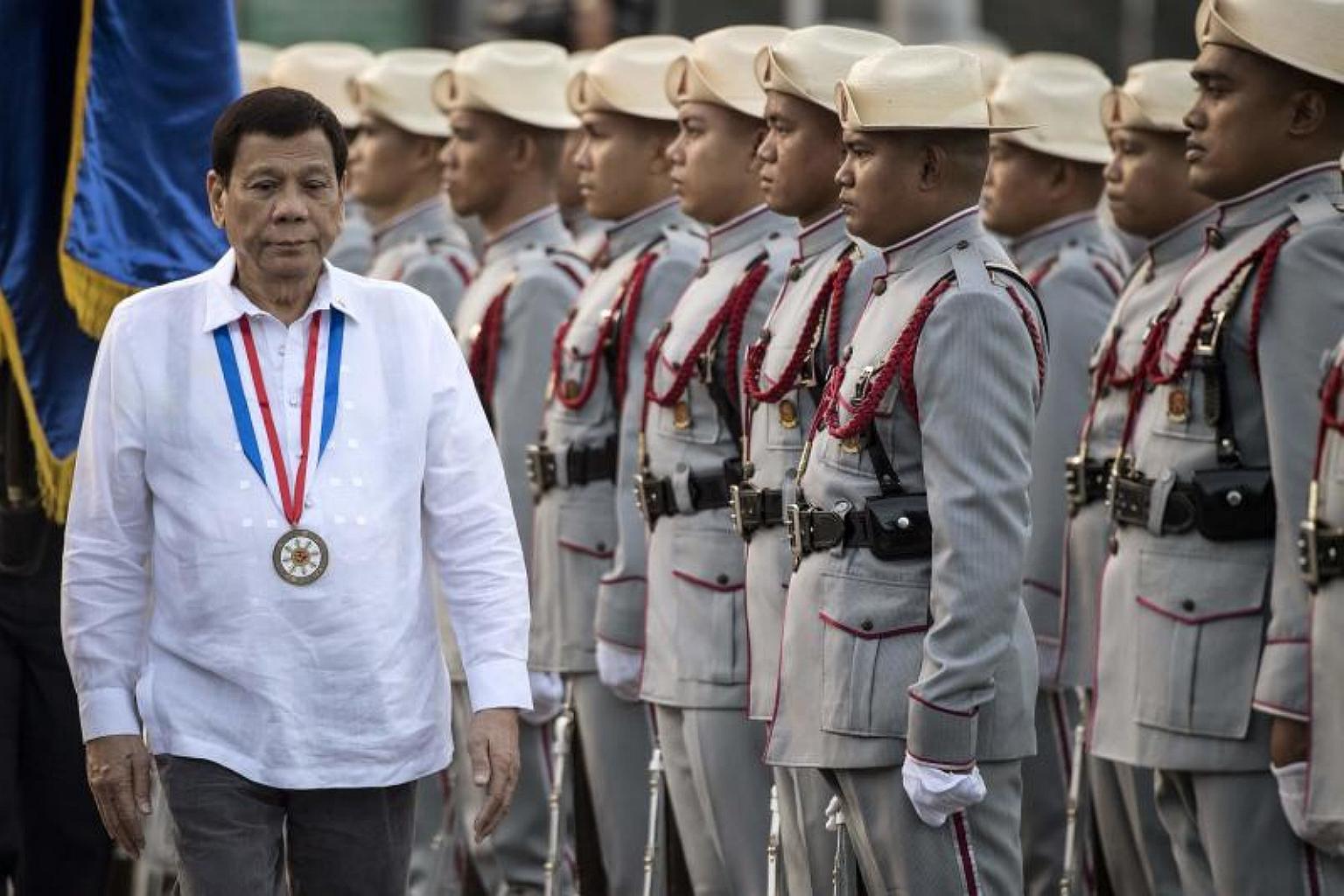SINGAPORE - It's not just Malaysia that heads to the polls this year. Upcoming elections in Indonesia and Thailand could pose challenges for those countries as well, said analysts at the Iseas-Yusof Ishak Institute's Regional Outlook Forum on Tuesday (Jan 9).
Here are their forecasts for Indonesia, the Philippines, Thailand and Myanmar.
Indonesia
Regional elections will be held across 17 provinces on June 27 this year, in a one-day voting extravaganza that will see some 171 officials including governors, mayors, and district chiefs being elected.
The polls will be a gauge of the presidential and legislative elections to be held on April 17, 2019 - which are likely to set sitting President Joko Widodo up against his old rival, former general Prabowo Subianto.
A number of the key contests this year pit candidates seen to be aligned with the president against those backed by opposition parties.
A key battleground will be the three biggest provinces in Java, which have more than 100 million voters representing 56 per cent of the electorate. "That is where everything is going to be won and lost...the June elections are very much a barometer for things to come next year," said Antara News Agency president director Meidyatama Suryodiningrat.

Myanmar

The humanitarian crisis in the Rakhine state is one of the many challenges facing Myanmar in its transition to a peaceful democracy and for its free-market development, said Myanmar historian and consultant Thant Myint-U.
The country's economic future is also in question, because no political party has been able to articulate a clear economic vision, he added.
On the upside, conditions are ripe for start-ups and small and medium-sized enterprises to seize market share from large companies, said Dr Wong Yit Fan, the co-founder of start-up incubator Emerging Markets Entrepreneurs-Myanmar.
This is because the proliferation of information technology and internet access has levelled the playing field somewhat, he noted.
The Philippines

A year and a half after President Rodrigo Duterte took office, challenges that persist include security threats that must be addressed, such as gaining public order in the face of criminality and terrorism.
The president must also sustain the Philippines' economic growth, which averaged 6.3 per cent a year from 2010 to 2016, said international studies professor Julio Teehankee.
President Duterte will also "move heaven and earth" to fulfil his campaign promise of changing the structure of government from a highly-centralised one to a federal system, added the analyst.
The president will want to seize this window of opportunity, which comes about once in centuries, he said.
Thailand

Whether Thai voters get to head to the polls late this year to elect a new government, following the military coup of May 2014, is the nation's biggest political question.
Thailand is in uncharted territory heading up to and after new elections, particularly as the country now has a new king, said political scientist Thitinan Pongsudhirak.
While the late King Bhumibol Adulyadej was immensely popular and had moral authority and political legitimacy, the newly-ascended King Maha Vajiralongkorn is untested, he said.
The monarchy's formal endorsements of previous military coups legitimised them, but this political pattern may no longer hold, said the analyst.
This time, "if...there are protests in the streets, I don't know what might happen," he added.
"The constellation of Thai protagonists is unsettled. It's a sizing up period: there's a new monarch... civilian politicians are advocating to come back, civil society also wants to have a say...we will see a very messy time."


